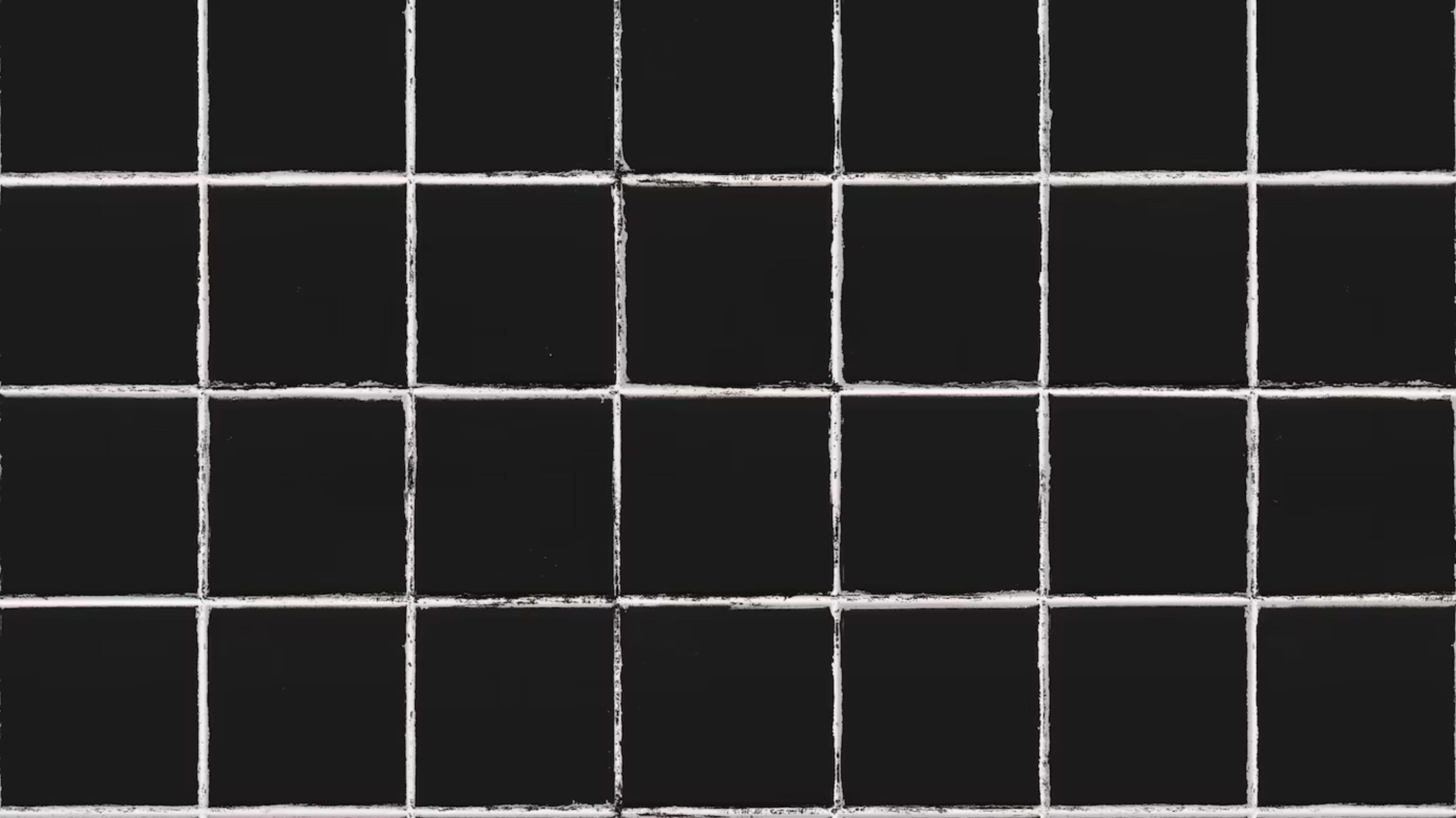
INTRODUCTION:
Wire mesh is a versatile and multifunctional material that plays an integral role in a wide range of industries and applications. Composed of interlocking wires or threads, wire mesh is available in various forms, each designed to meet specific needs. In this blog, we’ll unravel the intricacies of wire mesh, exploring its composition, manufacturing processes, and the diverse applications where it shines.

Understanding Wire Mesh:
Wire mesh is typically crafted from metals like stainless steel, aluminum, or copper, and sometimes from synthetic materials like plastic or fiberglass. The primary characteristics that define wire mesh include wire diameter, mesh size (the number of openings per linear inch), and weave style.
Wire Diameter: The thickness of the wire used in wire mesh can vary significantly, affecting its strength, durability, and flexibility. Thicker wires are more robust, while thinner wires offer greater flexibility.
Mesh Size: Mesh size refers to the number of openings or “holes” per linear inch. A higher mesh count results in finer mesh with smaller openings, while a lower count produces coarser mesh with larger openings.
Weave Style: Wire mesh can be woven in different patterns, such as plain weave, twill weave, or Dutch weave. Each weave style has unique properties suited for specific applications.
Applications of Wire Mesh:
Filtration: Wire mesh is widely used in filtration systems, from air and water filters to industrial processes. Its porous structure allows for effective filtration of particles and contaminants.
Security: Wire mesh is employed for security purposes, including window screens, safety barriers, and perimeter fencing. It provides protection while allowing visibility and airflow.
Construction: In construction, wire mesh is often used as reinforcement in concrete structures like sidewalks, driveways, and walls. It enhances structural integrity and prevents cracking.
Architecture: Architectural wire mesh is used for aesthetic purposes, creating unique facades, sunscreens, and interior design elements in buildings.
Industrial Separation: Wire mesh serves as an integral component in various industrial processes, including sieving, grading, and separating materials.
Agriculture: In agriculture, wire mesh finds application in animal cages, bird aviaries, and as crop protection against pests.
Screening and Sifting: Industries such as mining and agriculture use wire mesh screens and sifters to sort, separate, and classify materials.
Advantages of Wire Mesh:
Strength: Wire mesh is known for its strength and durability, making it suitable for demanding applications.
Flexibility: Depending on the wire diameter and weave style, wire mesh can be flexible and easy to manipulate for specific needs.
Customization: Wire mesh can be customized in terms of material, size, and weave style to suit a wide range of applications.
Corrosion Resistance: Stainless steel wire mesh is highly resistant to corrosion, ensuring longevity in harsh environments.
Visibility: In applications like security screens, wire mesh provides security without sacrificing visibility.
CONCLUSION
Wire mesh is a remarkably versatile material that has found its way into numerous industries and applications. Whether you need a robust concrete reinforcement, a fine filtration system, or an architectural design element, wire mesh can be tailored to meet your requirements. Its combination of strength, flexibility, and functionality continues to make it an indispensable resource across various fields.

